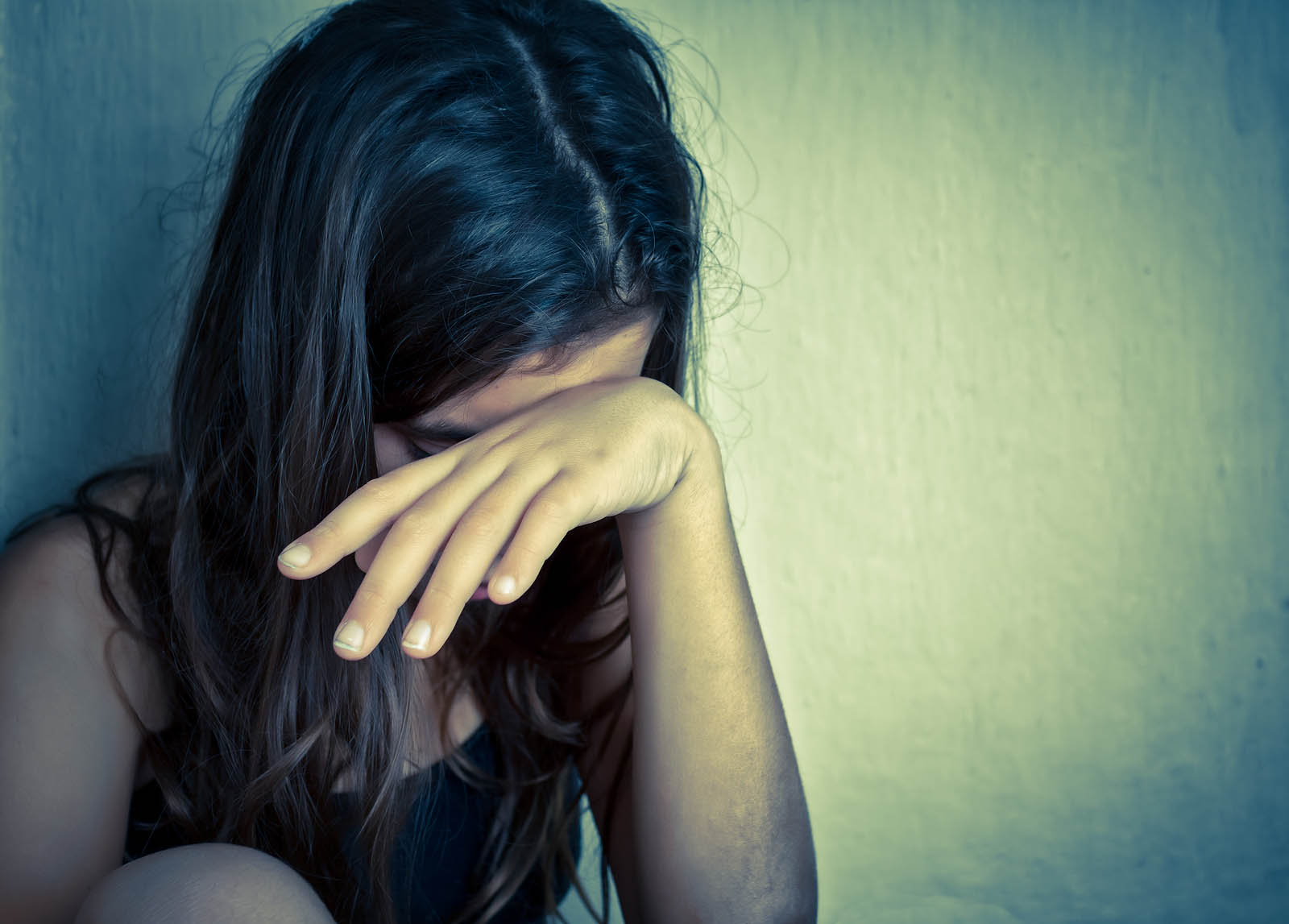Guns are designed to inflict injury or kill anyone hit by their bullets. They are manufactured to protect the carrier. Unfortunately, they can hurt innocent people when in the wrong or careless hands.
So far this year (2023), there have been 480 mass shootings and 29,152 gun violence incidents according to the Gun Violence Archive.
While criminal law can punish some people for intentionally or recklessly shooting another person, it may not cover accidental shootings. This means no financial compensation for such gunshot injury.
That is why hiring a shooting victim lawsuit injury lawyer is recommended if you or your loved one is a victim of a shooting. The lawyer can help you file a civil lawsuit against the shooter, gun company, and/or the property owner.
Who is liable for a gunshot injury?
For obvious reasons, the shooter is liable for a gunshot injury, but most times, these individuals do not have the financial means to pay a judgment. This is why you may need to sue everyone with any potential responsibility for the shooting.
1. The shooter
It is a no-brainer; it is a crime to shoot someone on purpose except in a case of self-defense.
This also applies to police officers. They are only permitted by law to shoot a suspect who poses an imminent threat of serious bodily injury or death.
Victims of inadvertent shootings like hunting accidents can sue the shooter. The prosecutor will generally claim the shooter’s handling, aiming, or firing was negligent.
It is also possible that the shooter was under the influence of drugs or alcohol when handling the gun. Such recklessness can be the basis for a civil suit.
2. Property owners
Property owners may bear responsibility for gun shooting, injury, or death. Business premises, for instance, owe customers a duty of care. They are required to provide reasonable security on the property.
You can sue a property manager if you or your loved ones were shot on a business premises lacking adequate security that could have prevented the shooter’s entrance.
The same applies to your workplace; your employer is expected to provide adequate security.
Below are some property owners that may be sued for shooting accidents:
- Apartments and apartment complexes
- Banks and ATM owners
- Bars, nightclubs, and liquor stores
- College and university campuses
- Concerts and amphitheaters
- Construction sites
- Convenience stores
- Gas stations
- Hospitals
- Hotels, motels, and resorts
- Mental health facilities
- Movie theaters
- Nursing home and assisted living facilities
- Office buildings, complexes, and parks
- Parking lots, garages, and decks
- Places of worship
- Shopping centers, malls, retail stores, and outlets.
Instances where the property owner or manager can be sued for negligence that caused a shooting include:
- Lack of trained security personnel on the premises
- Failure to alert the relevant authorities immediately upon sighting the shooter
- Non-utilization of firearm detection devices such as metal detectors
- Failure to warn people of dangerous individuals that have access to the property.
3. Gun company
Lawsuits against firearms manufacturers can be complicated; you will need to talk to your lawyer for the best course of action. The Protection of Lawful Commerce in Arms Act, or PLCAA, passed by the Senate in 2005, limits the legal liability of gun manufacturers over illegal acts committed by their customers.
Nevertheless, gun companies may be sued for shooting if their product is defective and, as a result, caused an accidental shooting.
Compensation for gunshot victims
After your lawyer has gathered enough evidence to pursue a civil lawsuit against the people responsible for your shooting injury, the next step will be to calculate the value of your claim.
Your lawyer will consider the medical bills, the extent of the injury, and how much it affected your overall lifestyle and health.
Some of the damages the shooting victim lawsuit injury lawyer will use to maximize the amount to be demanded include:
- Hospital bills
- Lost wages
- Emotional distress
- Loss of companionship, such as losing a loved one in a mass shooting
- Lowered quality of life
- Therapy
Can I sue a shooter after a criminal case conviction?
The answer is Yes. Suppose your shooter has been arrested and is in police custody with the possibility of being convicted. In that case, lawyers recommend waiting until the end of the case before filing your civil claim.
The criminal case might be jeopardized if the jury discovered you had sued the defendant, demanding monetary compensation. Once he is convicted, it will be easier for your lawyer to leverage the ruling to prove damages in your civil case.
The law permits you to sue for future medical expenses and the ones you have already spent, likewise for your lost wages.
If you are married, your spouse may also sue for loss of consortium.




